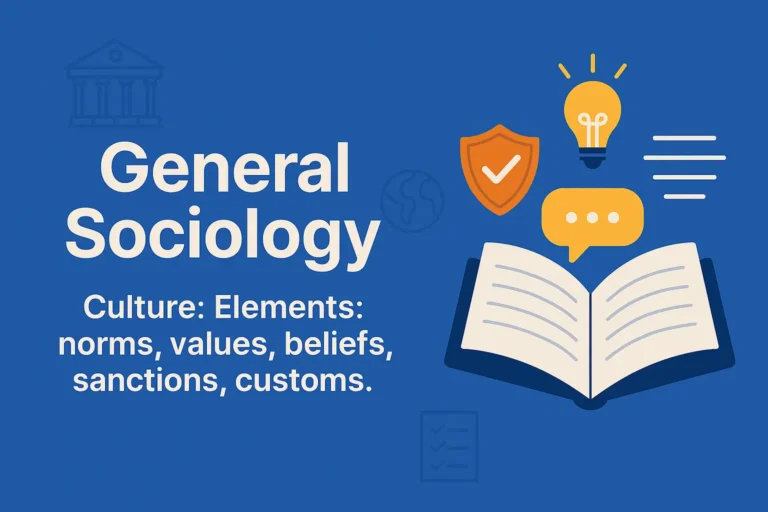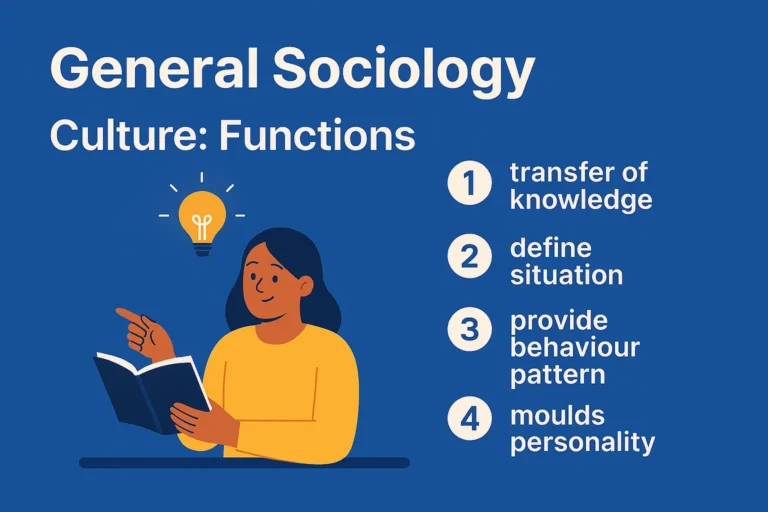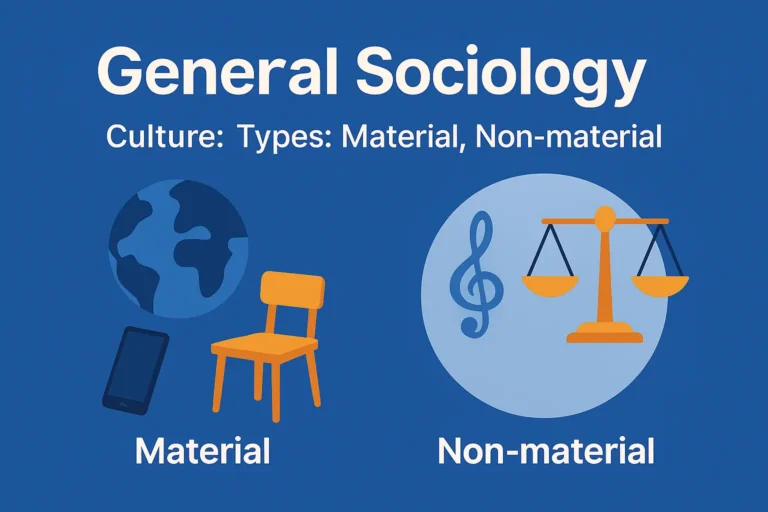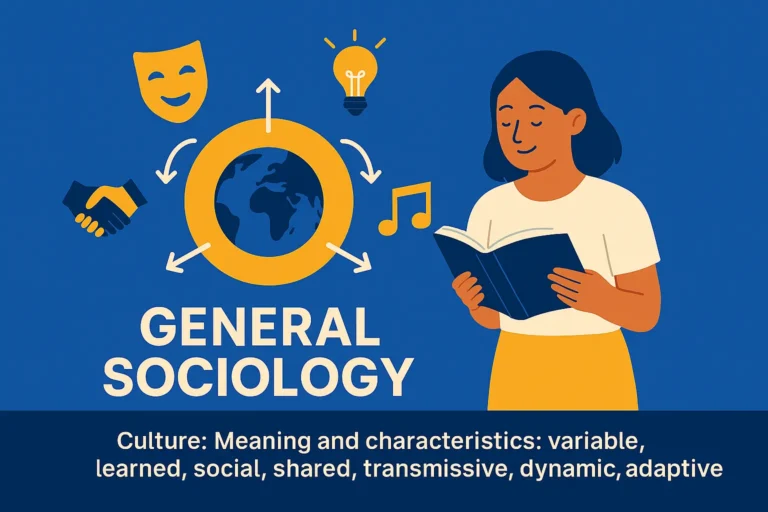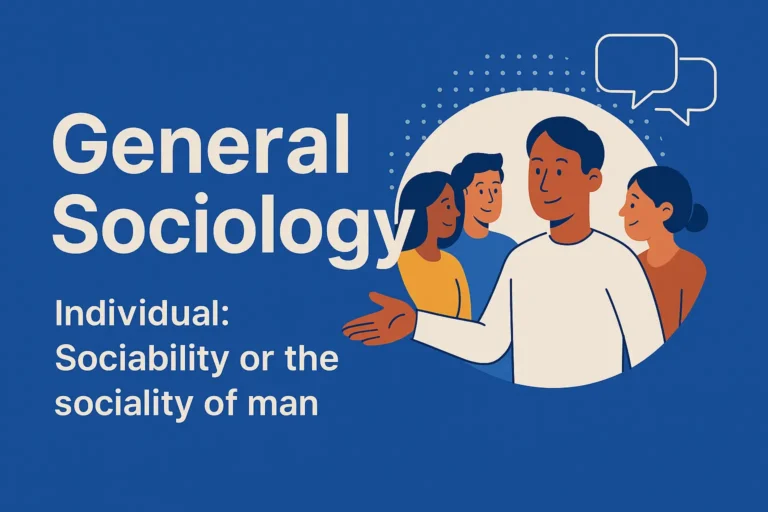Facts About Human Behavior
(CSS Sociology – General Sociology (Bonus Topic) – Facts About Human Behavior) The study of human behavior involves intertwining elements such as emotions, biology, sociology, and psychology. Mastering the intricacies of behavior improves one’s emotional intelligence and interpersonal relationships. In sociology, understanding behavior helps to explain conformity and deviance, group behavior, and identity dynamics. 1….


